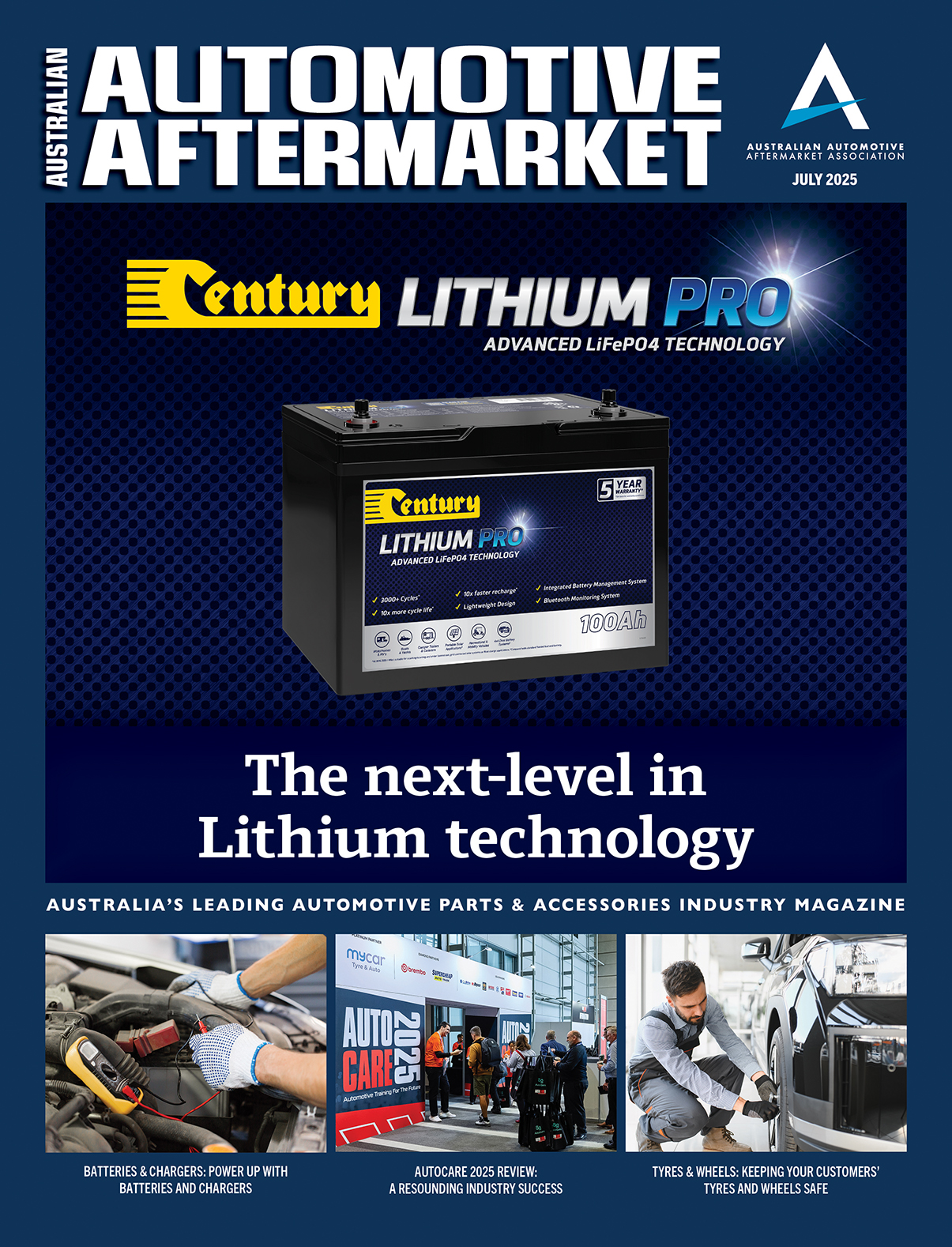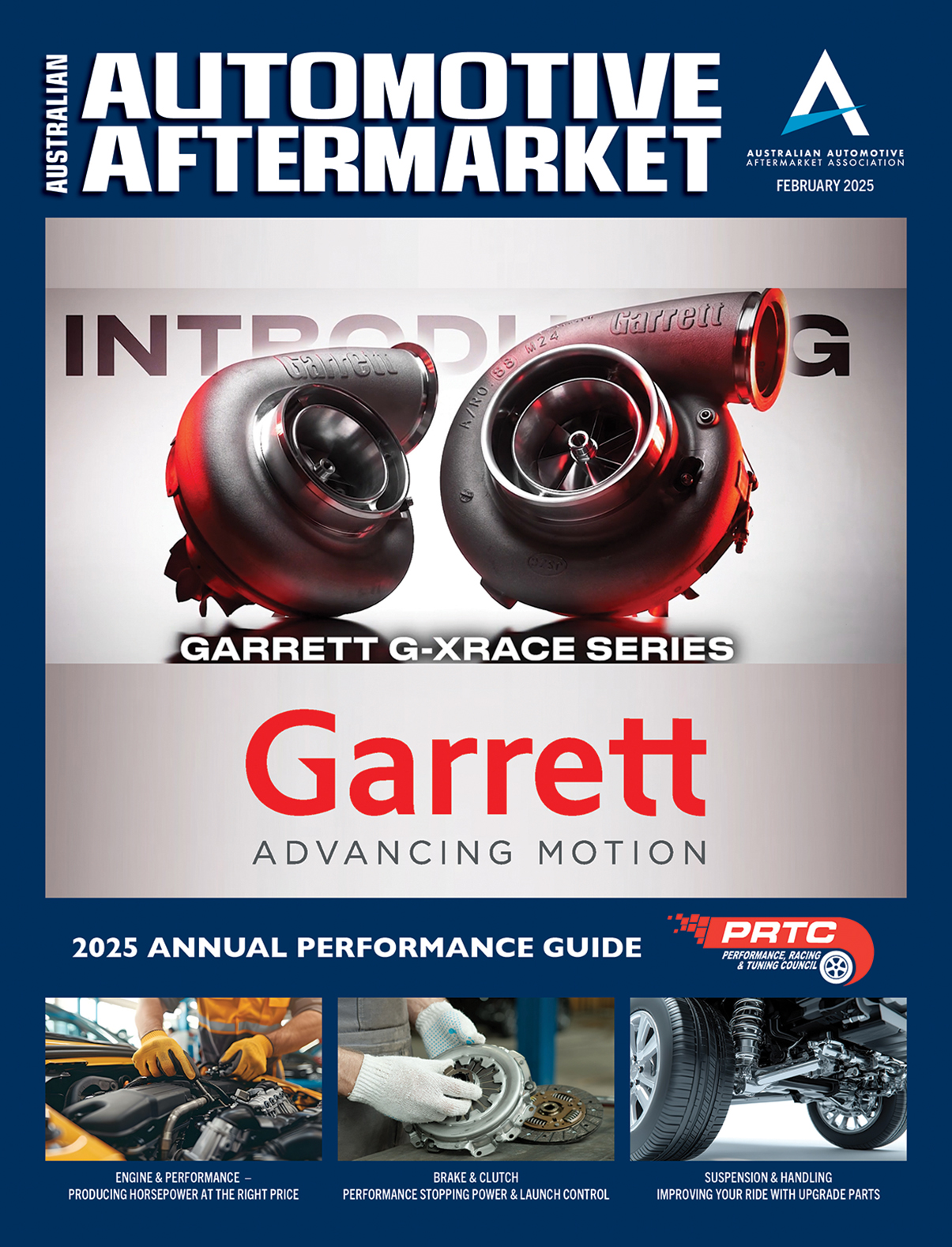TIME FOR A FILTER SWAP?
Spring and autumn are ideal times for cabin air filter replacement

Efficient HVAC in summer is a driver’s desire. Warm, dry months see heavy pollen and pollutants, affecting filter efficiency.
Come winter, this leads to foggy windows, reduced heating, and unpleasant odors.
Apart from timing, what happens if you wait too long to change the filter?
As you drive, a large amount of air enters your vehicle, carrying pollen, dust, smoke and more. These tiny particles can harm your health by causing inflammation and allergies.
Cabin air filters protect you by stopping these harmful elements. This ensures clean air, clear windows, and helps you to focus.
Additionally, these filters safeguard your heating and AC systems from dirty air. So, you can breathe easy and stay healthy on the road.
Cleaning rules
Cleaning is only effective if three conditions are met:
- Filter element and housing have an exact fit.
- High-quality filter medium with uniform, stable pleat geometry.
- Low level of contamination.
MAHLE says that with its Original and KNECHT filters, the first two criteria are easily met, but it states the only way to maintain a low level of contamination is by replacing the filter regularly.
Here’s why:
- Dirt trapped in the filter can lead to mould and bacteria growth, causing bad smells and health risks.
- A blocked filter loses its effectiveness, resulting in up to six times more pollutants inside compared to outdoor air. It can also harm the heating/cooling system’s performance.
- More contamination means more resistance in the filter, causing foggy windows and straining the fan motor.
Just replace it
MAHLE cabin filters are designed to suit the replacement intervals specified by the vehicle manufacturers, which can be up to 24 months.
However, MAHLE says it is best to change them once a year or after 15,000 km, stating that seeing the old filter is a strong reminder to get a new one.
More carbon, more output
MAHLE says its clean solutions are available as pure particulate filters (LA), holding back solid substances such as pollen or fine particulates, or as powerful three-layer combination filters with activated carbon layer (LAK), which also absorb odors and gases like nitrogen oxides, gasoline fumes, and ozone.
Installation matters
Filters capture larger particles first, and then smaller ones. MAHLE encourages you to make sure it is installed properly to maximise dirt absorption.
For more information, email mapl.sales@mahle.com or visit www.mahle-aftermarket.com








